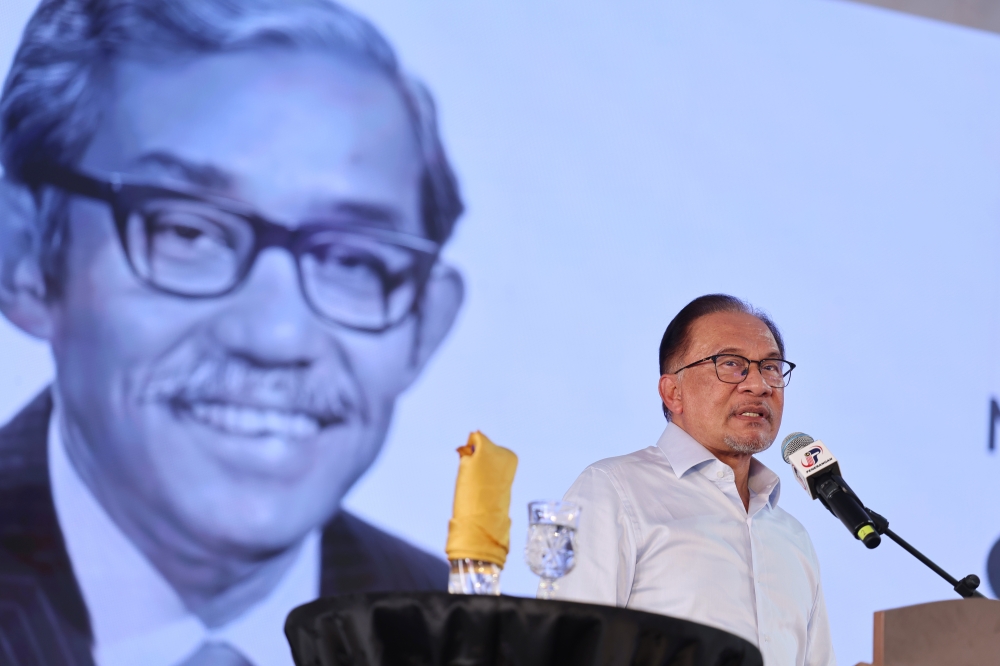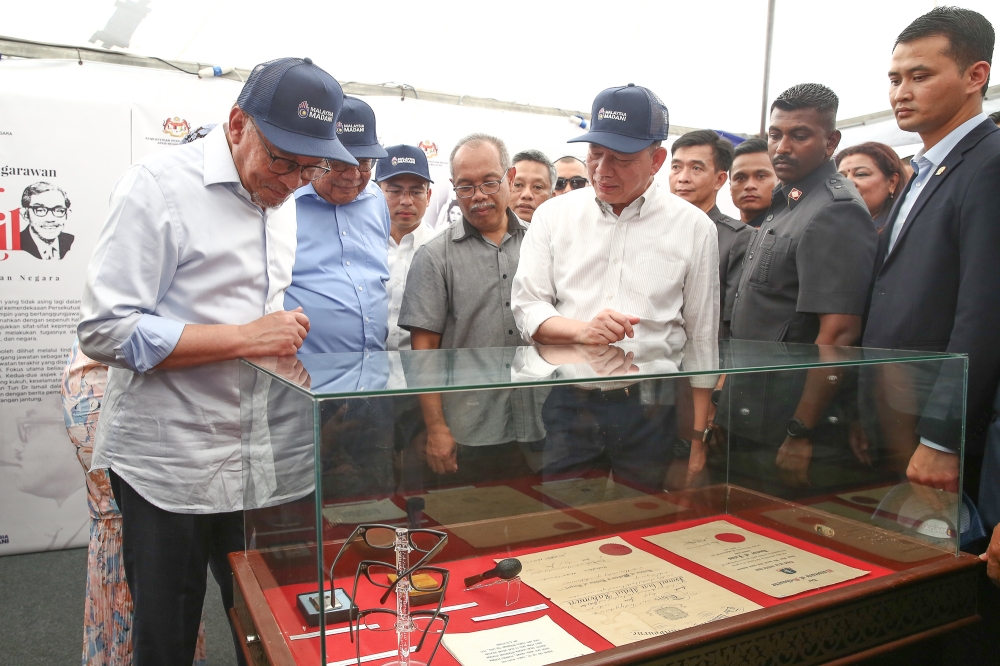KUALA LUMPUR, Aug 3 — The establishment of the Tun Dr Ismail Chair at Universiti Kebangsaan Malaysia (UKM) Institute of Ethnic Studies (KITA) will become an important benchmark in evaluating research studies on unity and society.
UKM vice-chancellor Prof Datuk Mohd Ekhwan Toriman said the chair was also a central coordination body for research activities across a range of disciplines and faculties, and could become a hub for unity-based research at the higher education institution (IPT) level.
At the international level, he said it would highlight the uniqueness of Malaysia which is often referred as a country with people of different races, cultures and religions who are able to live together peacefully and harmoniously.
“The chair is also key to building a unified collection of analogue and digital research materials, publications and films, on par with the South-east Asian collection at the Tun Sri Lanang Library, UKM,” he said in a statement here today.
Yesterday, the unity government agreed to establish the Tun Dr Ismail Chair at UKM in appreciation of the late deputy prime minister’s legacy of leadership and ideas founded on unity and racial integration.
Prime Minister Datuk Seri Anwar Ibrahim in a statement, said the recognition was to allow the younger and future generations to be inspired by the contributions of Dr Ismail, whom he described as a national hero, especially when it comes to matters of racial unity.
Mohd Ekhwan said UKM is always prepared and committed to implementing initiatives that are able to create an impact on the community in line with the aspirations of the Ministry of Higher Education (MoHE).
“In responding to the call by the MoHE Minister Datuk Seri Mohamed Khaled Nordin, UKM is always proactive in championing various matters and issues involving the empowerment of the nation state and the establishment of a civil society in line with the Madani’s thrusts.
“It is hoped that this chair will strengthen the research agenda, especially in the context of unity that will be the basis of national identity, not only among university students, but also all levels of society in this country,” he said.
Mohd Ekhwan is also confident that the chair will play a role in expanding the new narrative of unity through the three main foundations of knowledge management and innovation, namely academic analysis, professional involvement and public advocacy.
In addition, he said the establishment of the chair in KITA, which is now led by Prof Ulung Datuk Shamsul Amri Baharuddin, is timely, as it is in line with the government’s efforts to strengthen the national unity agenda.
He said KITA had been directly, actively and continuously involved in the context of integration through the Ministry of National Unity.
“This collaboration was forged since the National Unity Consultation Council was set up in 2013 and KITA helped build the framework of the Unity and Integration Plan in 2015 by introducing a three-pronged concept - the desired unity, the integration achieved and the integration efforts.
“The establishment of the Tun Dr Ismail Chair which focuses on unity study and research will be able to work in tandem with KITA’s experience, skills and strengths,” he said. — Bernama



















